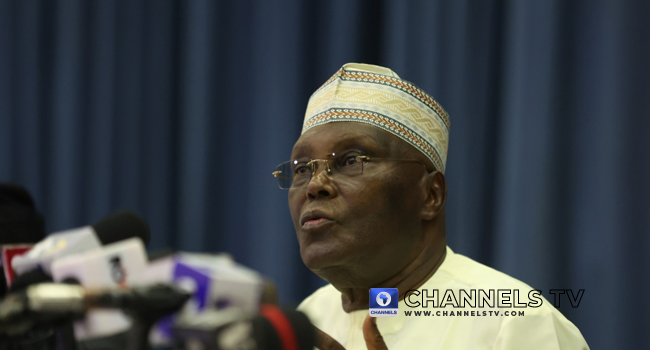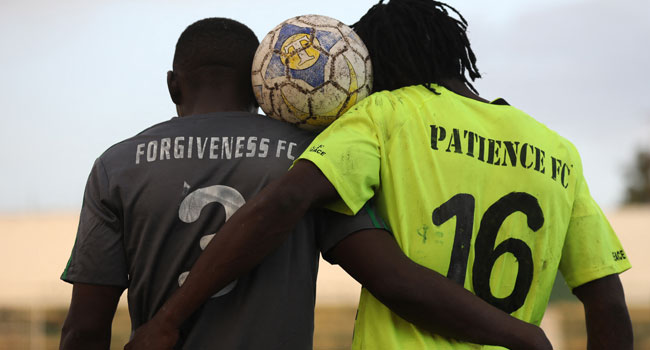
Egypt’s first-ever Coptic Christian judge to head the country’s highest court was sworn in on Wednesday, an appointment called “historic” by rights activists.
Coptic Christians, the largest non-Muslim religious minority in the Middle East, make up roughly 10 to 15 percent of Egypt’s predominantly Sunni Muslim population of more than 100 million.
Judge Boulos Fahmy, 65, took the oath to head the Supreme Constitutional Court in a ceremony attended by the president.
READ ALSO: Salah’s Egypt Target Revenge In World Cup Play-Off After AFCON Defeat
“President Abdel Fattah al-Sisi witnessed this morning the swearing-in of Counselor Boulos Fahmy as head of the Supreme Constitutional Court,” the presidential spokesman said in a statement.
The Coptic community has long complained of discrimination, underrepresentation, and sidelining from senior posts in the judiciary, universities, the police, and the military.
Copts were targeted following the 2013 overthrow of Islamist President Mohamed Morsi in a series of sectarian attacks, particularly in remote and impoverished villages in southern Egypt.
The Egyptian lawyer’s union said Fahmy’s appointment followed the retirement of his predecessor, Saeed Mari, due to his “health condition”. Egyptian judges retire at 70.
In 2019, Sisi introduced major changes to the constitution, allowing him to appoint the heads of top courts.
Previously it was customary for judges to be appointed to top posts based on their seniority, with the president’s approval considered a formality.
Fahmy is the fourth most senior judge at the court, and Sisi named him to the post on Tuesday, according to the country’s official gazette.
Mushira Khattab, the head of Egypt’s National Council for Human Rights, called Fahmy’s appointment “historic”.
“Egypt is entering a new era in which the political leadership elevates civil rights and the principle of equal opportunities for all citizens, without any discrimination based on religion, gender, or any other reason,” she said.
Andre Zaki, the head of Egypt’s Evangelical community, said the country was “witnessing a new historic national stage.”
AFP




